
Artikel-artikel mengenai Agriculture
Menampilkan 1 - 20 dari 1439 artikel

The handing down of family farms is not only essential to ensure the long-term future of Europe’s agricultural sector, but also to steer it toward more sustainable practices.

Some farmers are bewildered and anxious about changes to the way they work.

At Christchurch Cathedral in Dublin masons received up to 15 pints a day as payment.
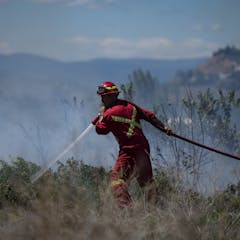
In the lead-up to the 2024 federal budget, there was hope for investments in water management and water-related infrastructure. Those hopes were misplaced.
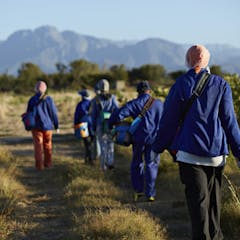
The University of Cape Town’s new report on the impacts of climate change in South Africa found that heatwaves and water stress will affect jobs, deepen inequality, and increase gender-based violence.

A fossil fuel ideology transcends political lines and inhibits effective action on the green transition. Alberta is a clear example.
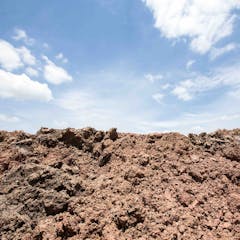
New research shows carbon in soil minerals is much more important than anybody realised.
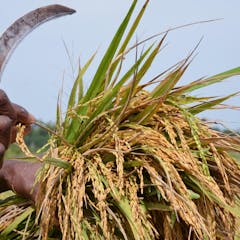
Through collaboration and resource sharing, smallholder rice farmers can enhance their productivity and achieve a fully mechanised farming system.

Coastal fishing communities in west Africa face increased poverty as fish stocks decline.

Ghana is experiencing record high temperatures and rainfall patterns have become inconsistent.

The tunnel bringing millions of litres of water from dams in Lesotho to South Africa is to undergo a six-month repair. This could leave residents of Gauteng in South Africa short of water.

Agroecology could be an effective way to address food insecurity and respond to the climate crisis. However, significant hurdles remain.

Meat is cheaper than it should be – and alternatives are more expensive.

Natural variability in Australian rainfall can produce “mega-droughts” lasting 20 years or more. Add in human-caused climate change, and future droughts may be far worse than imagined.

Rock dust is only part of the story of soil. Living creatures, many of them too tiny to see, keep that soil healthy for growing everything from food to forests.

NZ’s sheep industry could be one of the biggest losers with the rise of alternative proteins. Once profitable industries will need to be ready to pivot away from animal-based products.

Earlier springs due to climate change are wreaking havoc in orchards.

The US Department of Agriculture has updated its plant hardiness zone map, which shows where various plants will grow across the country. Gardeners should take note.
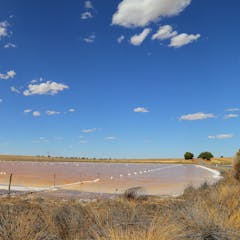
We’ve known about dryland salinity for a century. But while we’ve made progress, the problem hasn’t yet been solved.

Major African cocoa plants in Côte d'Ivoire and Ghana have stopped or cut processing because they cannot afford to buy beans.
